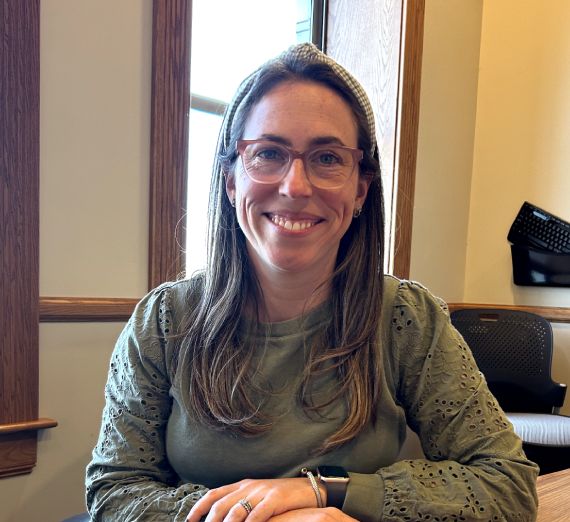Election 101 with Sarah James: What is the Electoral College?

Responses have been edited for length and clarity:
How the System Works
JAMES: Hi everyone, this is Election 101. I'm Dr. Sarah James from the political science department and today we are going to be talking about the Electoral College, which is the very unique system that the United States uses to select our presidents. It is a system we've had since the 1780s and is a system in which people do not vote directly for the president but instead vote for a group of people called electors who then go to Washington D.C. and cast their votes for president. In 48 of the 50 states, whichever candidate for president gets the most votes, doesn't even have to be 50%, could just be the most, that candidate's political party gets to send their electors to a meeting in Washington D.C. in early January to go officially cast the ballots for president. And that is when a president gets votes.
Criticisms and Controversy
JAMES: A criticism of the Electoral College is that it has led to many elections in which the popular vote and the Electoral College outcome are not the same. And again, there's a lot of debate in political science and among historians as to whether this was intentional on behalf of the founders or not. But it's a system we have for now. it's a system that people have tried to change many times. my take is that it's probably here to stay for quite some time.

